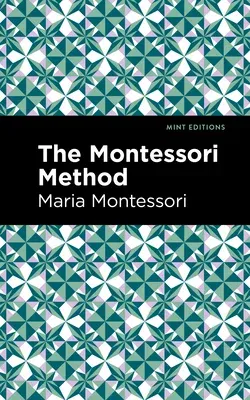The Montessori Method (1912) is a work on pedagogy by Maria
Montessori. Originally written in her native Italian to describe the
work she carried out at the Casa dei Bambini in Rome, the book was
translated into English during a period of increasing popularity for
Montessori and her educational method in the United States. By 1913,
over 100 Montessori schools had been opened in the United States,
prompting the educator to travel to the country on a lecture tour in
December that year. Today, there are thousands of schools and classrooms
around the world dedicated to the use of her method. "All human
victories, all human progress, stand upon the inner force. Thus a young
student may become a great doctor if he is spurred to his study by an
interest which makes medicine his real vocation. But if he works in the
hope of an inheritance, or of making a desirable marriage, or if indeed
he is inspired by any material advantage, he will never become a true
master or a great doctor, and the world will never make one step forward
because of his work." Through years of working with children as a
physician and educator, Maria Montessori developed a unique method of
scientific pedagogy emphasizing personal growth, individuality,
psychology, and hands-on experience. First at her Casa dei Bambini and
later at thousands of schools around the world, the Montessori method
changed education for countless students and teachers alike, fostering
understanding and respect without sacrificing the structures needed for
children to grow into successful, confident adults. With a beautifully
designed cover and professionally typeset manuscript, this edition of
Maria Montessori's The Montessori Method is a classic of pedagogical
literature reimagined for modern readers.


